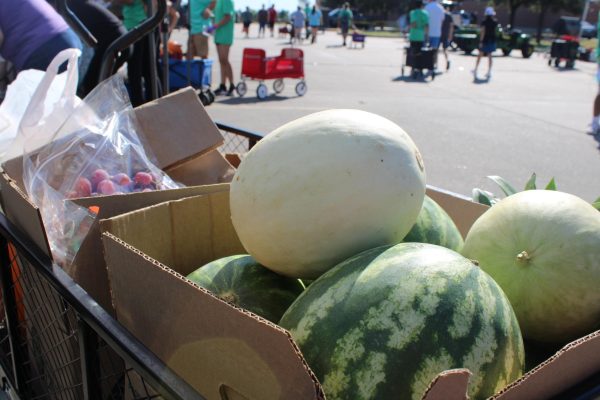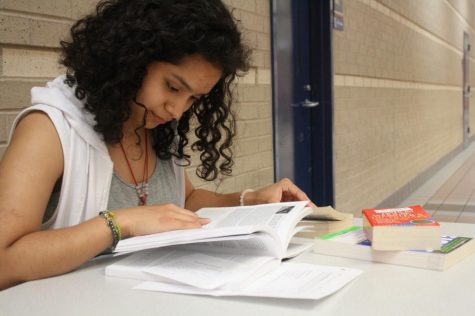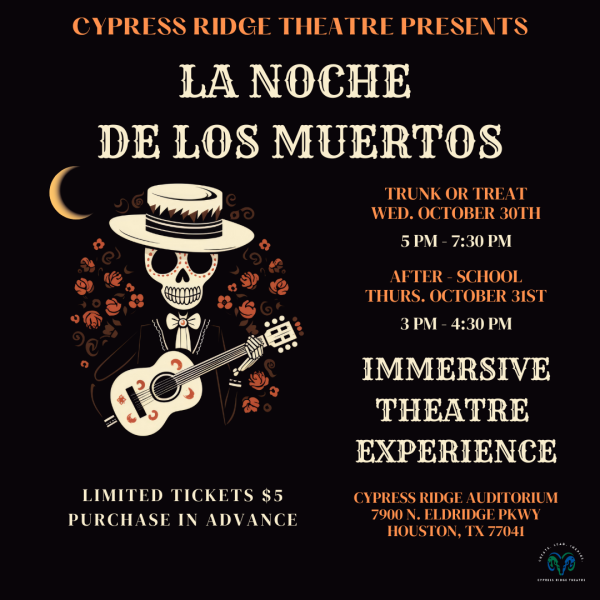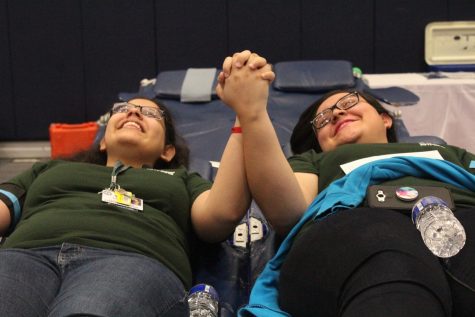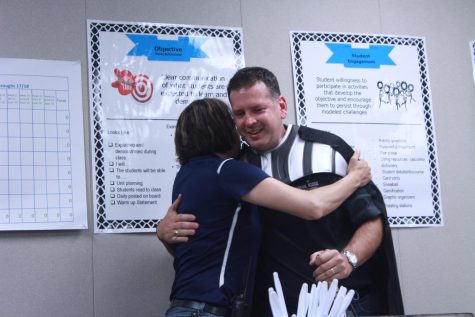Holocaust Survivor Tells Her Story
Rose Sherman Williams’ story helps English students connect to history.
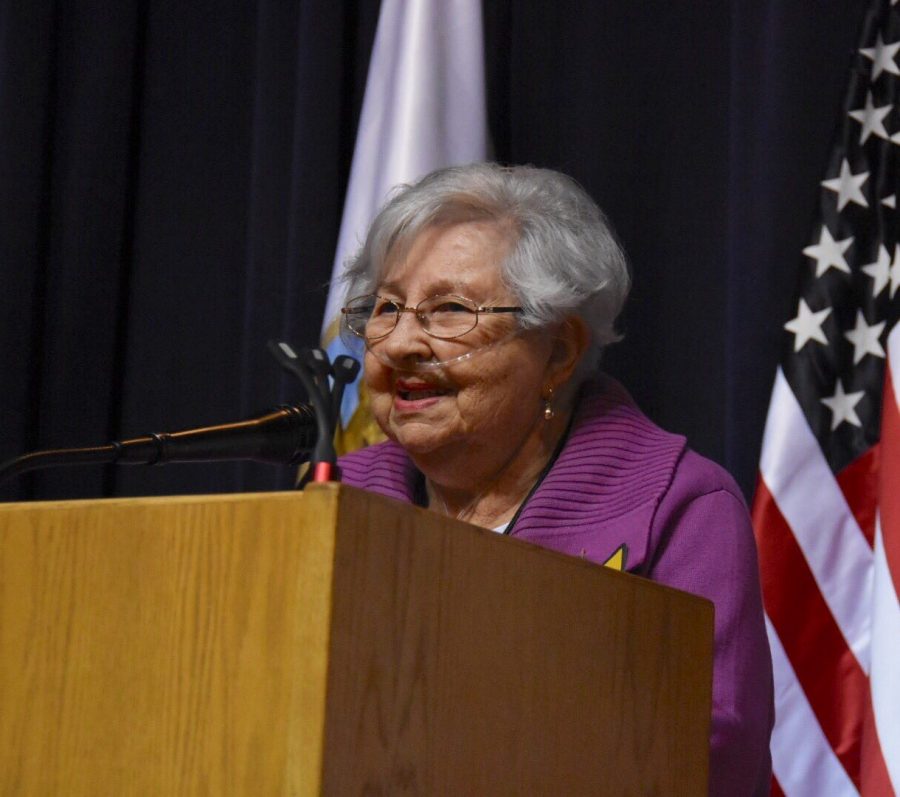
Williams’ speaks about her experience in Auschwitz during the Holocaust.
Guest speaker Rose Sherman Williams, a survivor of the Holocaust, spoke to an auditorium of students on March 9 about her experience at the Auschwitz concentration camp. Williams is currently 93 years old, she and lives in San Antonio, Texas. She visits different schools to speak about her experience.
Former Cy Ridge student Nora Evelyn Bruno worked with English II teacher Laurie Spence, Assistant Principal Joseph Hartley and Global Embassy of Activists for Peace (GEAP) to set up this event.
Spence hoped this event would help her English students better understand the survivor unit and sympathize with the stories they would read.
“English [is] focusing on the humanity side of [the Holocaust], so the actual survivors of the genocides,” Spence said.
Williams spoke about when she and her family were forced from their home to live in a ghetto after Germany invaded Poland in 1939. Williams was separated from her family and brought to the concentration camps at Auschwitz and Bergen-Belsen before being freed by British troops in 1945.
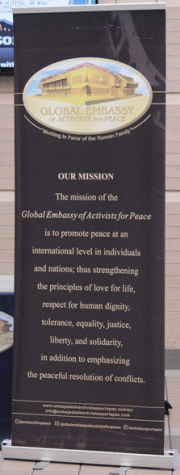
“It’s one thing to hear about it, learn about it in history, read a story about it, but to actually hear a survivor stand up there and tell her story of what happened to her was really powerful, and I know a lot of the students really connected,” Spence said.
This event introduced English II students to the survivor unit of their curriculum, while World History had learned about the different genocides throughout history, the Holocaust being one of them. Students read the book Night by Elie Wiesel, a memoir about Wiesel’s experience through the Holocaust, soon after Williams’ visit.
Sophomore Gervain Flores came to a realization after listening to Williams’ experience. “[L]ife back then was really tough. And actually it made me feel in some type of way, like what if that had happened to me and what would I do?” Flores said.
The goal of this engagement was for the students to connect more with the literature and the unit instead of just glossing over facts, numbers, statistics and historical events and not thinking beyond the surface. Teachers hoped the students would connect and that the facts would have real meaning to their personal lives.
This event changed sophomore Trinady Manke‘s perspective and understanding of the Holocaust.
“It made it more real to me for sure. It impacted me in a more emotional way than it did before, before I would be like ‘I know these facts’ but this touched my heart,” Manke said.
Students could better understand the curriculum after the event by understanding the background and situation of a genocide. It also helped students understand the true reality and how gruesome these event could be.
“I know a lot of the students really connected when… [Williams] talks about her Grandmother, who was shot right in front of her trying to save the babies and the children, that really powerfully impacted our students and helping them make those connections and really understanding it,” Spence said.
Listening to Williams’ story and her hardships left Manke inspired.
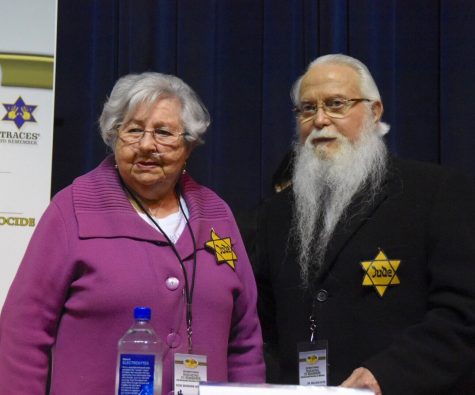
Dr. William Soto Santiago welcoming Rose Sherman Williams to the stage.
“It did inspire me to start helping the community more and be nice to all people because you don’t know their past or their family’s past, so with jokes and comments you need to be careful with what you say,” Manke said.
The event was open first to English II students with a ticket obtained by signing up with their English II teacher. After ticket holders entered, the remaining seats were given to anyone interested in the event.

